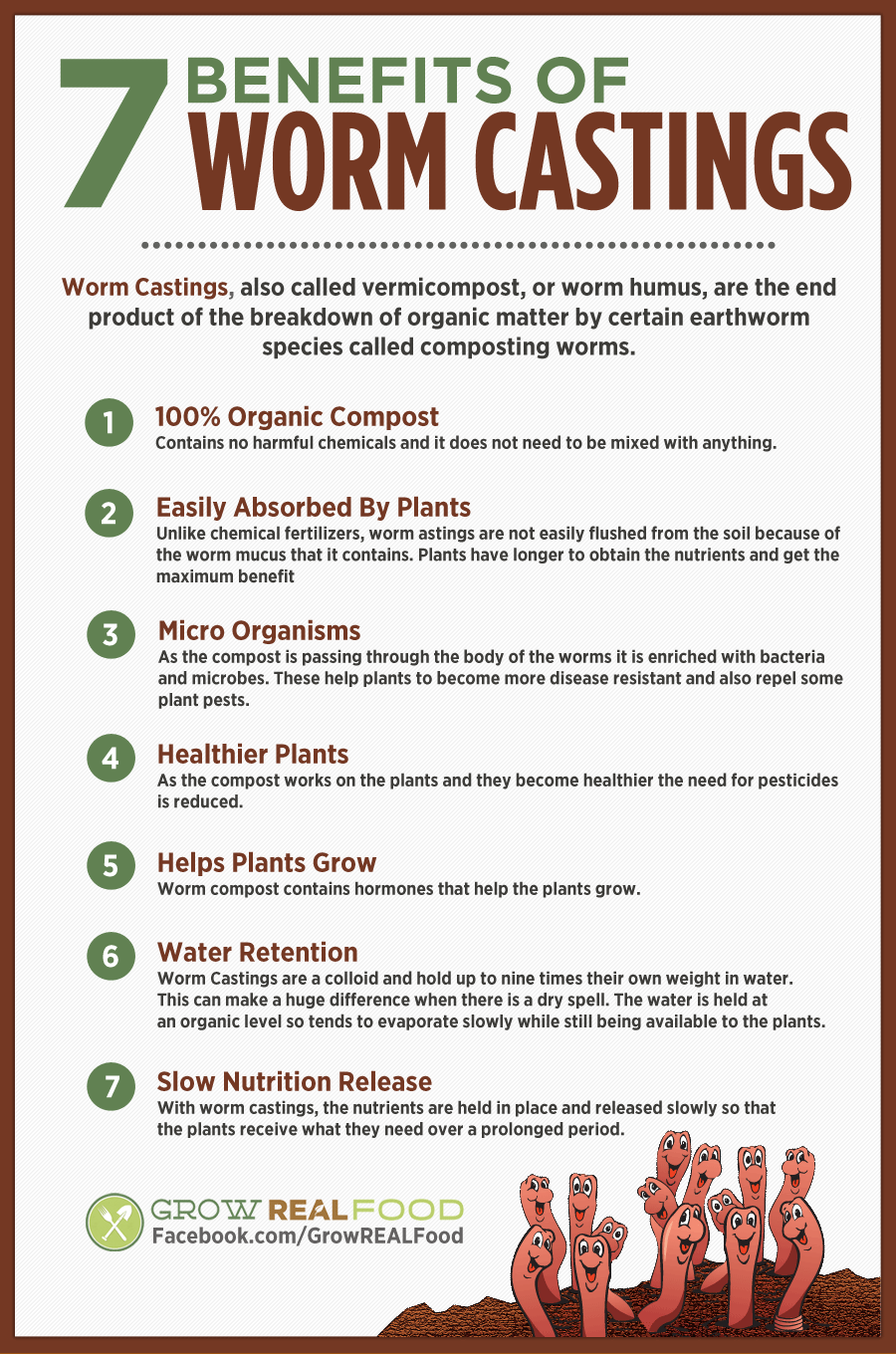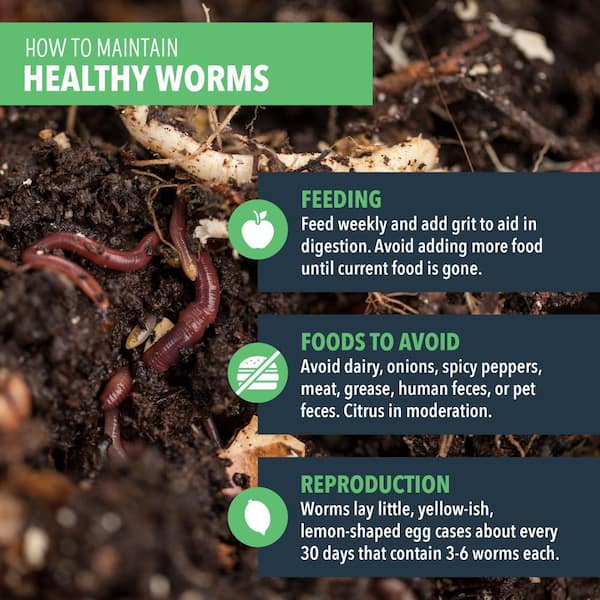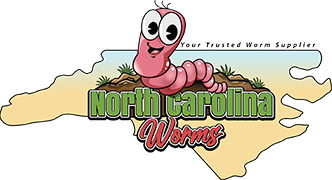Things about North Carolina Worms
Table of ContentsNorth Carolina Worms Can Be Fun For EveryoneGetting My North Carolina Worms To WorkEverything about North Carolina WormsThe Ultimate Guide To North Carolina Worms
Example: 1-gallon of worm spreadings to 4 gallons of potting mix. 1/2 cup in the base of the planting opening for smaller plants. 1 mug for bigger plants.
The enhancement of tea can likewise add enhanced microbial biomass to your soil. You can constantly side-dress your plants with worm castings at any moment. Just bear in mind, the microbes will pass away if revealed to UV rays (Sunlight), so make certain to cover the spreadings with an inch or two of soil.
This baffled them for many years up until the testing methods progressed. They discovered that plant development and health showed a Normal curve. It would obtain far better(with more spreadings), level off, and afterwards decline. They were dumbfounded. They lastly discovered that excess plant-growth hormonal agents were the perpetrator. A lot of worm castings would certainly accelerate the development to a speed that the plant could not recoup from.
The Basic Principles Of North Carolina Worms
Many herbicides deal with this exact same concept. 20% by volume seems to be the "Sweet Spot". I have stated the merits of worm spreadings for concerning 2000 words. What about the other side of the coin? Nothing is ideal. Worm spreadings are no different. It takes some time to produce top quality worm spreadings.
You can acquire them which brings about second. Worm castings certainly cost greater than chemical fertilizers. Nevertheless, worm spreadings are on the less expensive end of organic plant foods. You will certainly need to determine what is more crucial. It is easy to generate percentages of worm spreadings. (50 gallons annually) It is a much more challenging and extremely costly financial investment to create large amounts of worm spreadings (North Carolina Worms).

Creating a healthy and balanced soil might be the best benefit of worm spreadings. We talked about worm castings NPK and also the correct nutrient analysis that need to apply to worm spreadings.
Not known Details About North Carolina Worms
We spoke regarding some of the negative aspects associated with worm castings. I covered a lot of material in this post.
The upright burrows are normally open, although the worms cover the leading with deposit and excrement. Origins require oxygen for their development, whereas they generate carbon dioxide that requires to leave the soil.
Earthworms enhance porosity by two mechanisms: (1) by producing permanent burrows, and (2) by improving soil gathering. Aggregation is improved by the blending of dirt and natural issue in the earthworms' digestive tracts. Lake Rhodhiss Bait. These extremely steady accumulations are deposited by some earthworms in their burrows, and by others at the surface area of the dirt


In an additional study, earthworms were approximated to eat 4 to 10 percent of the leading 6 inches of the soil yearly. This only goes to reveal the substantial amounts of dirt that can be refined by earthworms. Dirt compaction decreases the porosity of the dirt. Due to the fact that earthworms increase porosity, they decrease the impacts of compaction.
Getting My North Carolina Worms To Work
Typical earthworm populaces can conveniently take in 2 lots of completely dry issue per acre each year, partly digesting and blending it with dirt. The relevance of earthworms to blend surface area residue with dirt ends up being really clear in soils that do not have any kind of earthworms. A lot of our Pennsylvania soils have at least some earthworms, and the impact of their full lack, as a result, can not be noted.
(https://www.craigslistdirectory.net/North-Carolina-Worms_400229.html)In these soils, the formation of topsoil with affordable natural matter content did not occur, leading to bad plant development. Once the cause was established, the government of the Netherlands started a project to introduce earthworms. After the introduction of the earthworms, a dark topsoil layer was formed, and crop growth increased substantially.
They live largely from partially disintegrated organic matter that is currently included in the dirt. These species ingest large quantities of dirt that they mix with digested plant deposit in their digestive tracts.
Their burrows stay open, although they cap the leading with plant deposit that they pull to the entry. These species ingest significant quantities of dirt that they blend with digested deposit in their guts. Their excrement is largely transferred at the surface of the soil. The nightcrawler Lumbricus terrestris is the most noticeable participant of this team.